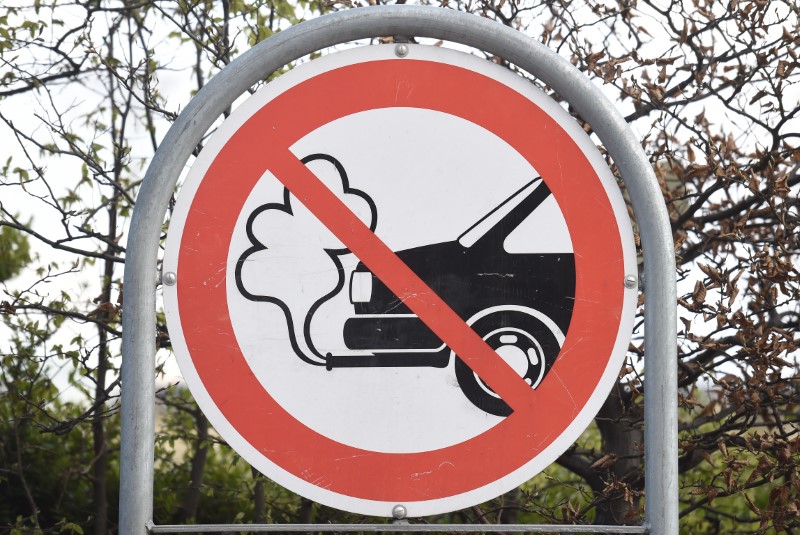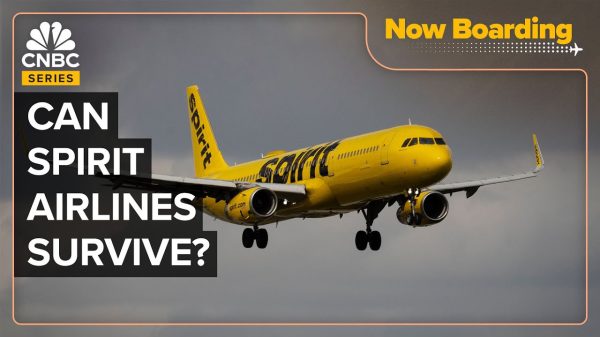© Reuters.
Investing.com — Here is your weekly Pro Recap of the past week’s biggest headlines in the electric vehicle space: RIDE files Chapter 11; Tesla sees continued expansion for its charging standard; and TSP puts up for-sale signs.
Get EV news like this in real time with InvestingPro. Start your 7-day free trial today.
Lordstown declares bankruptcy
Following the announcement of its bankruptcy protection filing in a Delaware court, Lordstown (NASDAQ:) shares witnessed a sudden 50% plunge on Tuesday morning.
As part of its efforts to restructure under Chapter 11, Lordstown also unveiled a lawsuit against Foxconn parent Hon Hai Technology Group, accusing Foxconn of fraudulent behavior and of repeatedly reneging on its commitment to invest up to $170 million in the EV maker.
The lawsuit alleges that Foxconn never had genuine intentions to fulfill its obligations, particularly in relation to the development platform for new vehicles. According to the filed complaint, Foxconn purposefully and in bad faith exploited the various contractual agreements with Lordstown to undermine and dismantle the company’s operations, while leveraging the resources gained from the partnership to advance its own business interests.
Shortly after, Lordstown – named after the Ohio town it operates in – disclosed that it had received a delisting notice from Nasdaq. The notice, received on June 28, indicated the company’s failure to comply with listing rules, resulting in the suspension of trading in its class A common stock on July 7, as stated in the filing.
Shares of RIDE fell 27% this week and are down nearly 88% so far this year.

Tesla Standard continues expanding
Tesla (NASDAQ:) received more good news this past week as EV makers and charging companies have continued to adopt the company’s North American Charging Standard (NACS), or “Tesla Standard,” as some call it.
The state of Washington said it would require EV charging companies to include Tesla’s NACS to their charging stations if they plan to be a part of a state program to electrify highways using federal dollars. The move follows an identical one in Texas a couple of days prior.
Previous adopters, Blink Charging (NASDAQ:) and ChargePoint (NYSE:), revealed Wednesday that they have both expanded their commitment to embrace the Tesla Standard. ChargePoint announced that it has made the popular charging connector available on all new orders and existing installations of its CP6000, Express 250, and Express Plus products, while Blink expanded the program to include its entire lineup of charging equipment.
Harjinder Bhade, Chief Technology Officer at Blink Charging, said the company is able to “enhance our product line rapidly, effectively, and efficiently to meet the evolving needs” of original equipment manufacturers (OEMs) and EV drivers, emphasizing that its products “will be accessible to every kind of driver” across all car brands.
On top of that, Swedish automaker Polestar (NASDAQ:) announced Thursday that it had signed an agreement with Tesla to adopt the NACS. In a press release, the company detailed plans to include the Tesla standard in all new Polestar vehicles from 2025 onward. Adapters are expected in mid-2024 to allow existing Polestar drivers to access the network. Polestar CEO Thomas Ingenlath called the move a “great win” for its North American customers and one that “will greatly increase the rate of EV adoption in a key automotive region.”
Chrysler parent Stellantis (NYSE:), the last of the “Big Three” to hold out on the wave of NACS adoptions, on Tuesday launched a “Charging and Energy” business unit called Free2move Charge. The company says the unit’s services will include providing access to over 500,000 charging points in Europe “through partners” by the end of this year.
But the carmaker reiterated that it was still evaluating Tesla’s charging standard after rivals Ford (NYSE:) and General Motors (NYSE:) signed deals to adopt the charger in North America.
“We look forward to discussing more of that soon,” said Ricardo Stamatti, senior vice president of the new unit.
Shares of TSLA closed the trading week up 4.7% to $261.77 – which also represents an 8.6% jump from the week’s intraday low of $241.02, hit on Monday.
Is TuSimple for sale?
Rival autonomous trucking company TuSimple (NASDAQ:) had a roller-coaster week that began with gains on the company’s first fully unmanned road test in China, and which ended with shares plummeting nearly 30% off their $2.30 high after on news TuSimple is mulling a sale of its U.S. operations.
The California-based company, which said it is considering the sale in order to focus on the Asia-Pacific region, is also facing a potential delisting from the Nasdaq stock exchange due to a failure to file two quarterly reports.
TuSimple, which has been in the red since its establishment in 2015, has engaged U.S. investment bank Perella Weinberg Partners as financial advisor in order to explore possible transactions for the business, it said.
The company has operations in China and Japan, and has been significantly increasing its focus on these markets in recent weeks.
Shares of TSP ended the trading week down 18%.

Read the full article here













